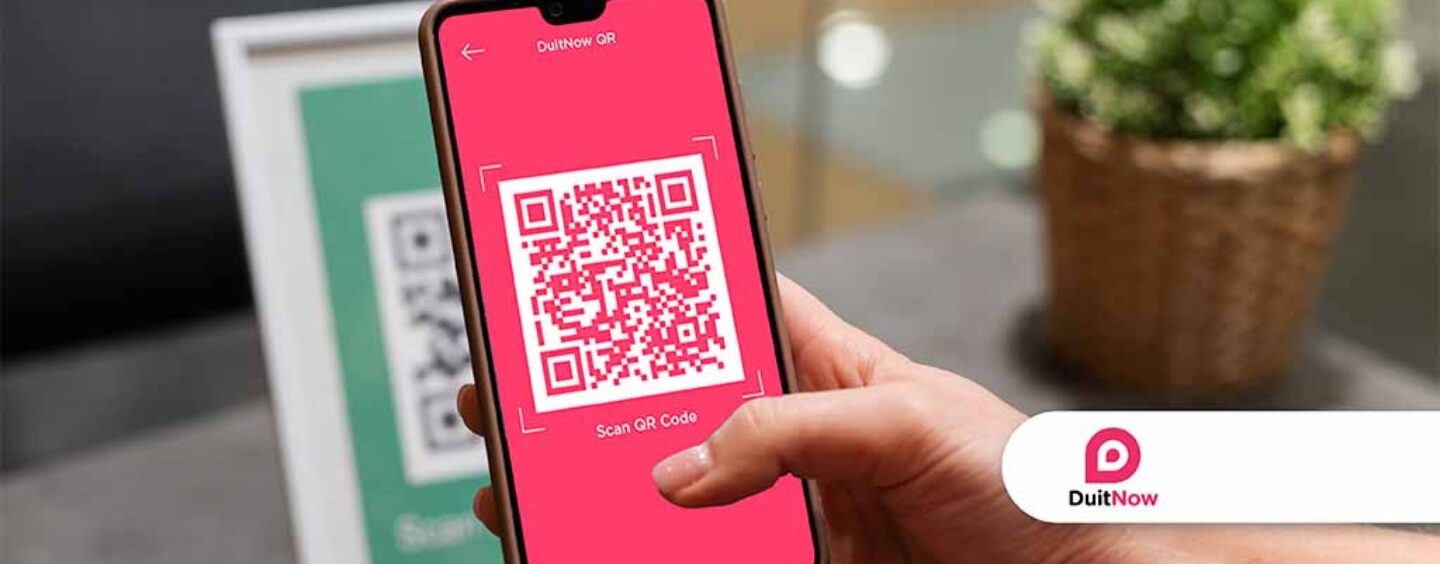There has been significant furore ever since it was revealed that a transaction fee would begin to be imposed on merchants for accepting payments via the DuitNow quick-response (QR) code service, originally slated to start on 1 October.
Public outcry including from merchants, politicians, and consumers was prompted after the announcement, along with sizable confusion about the implementation and purpose of the DuitNow QR payment service fee. Merchants believed that they were being unfairly charged for adopting a new but heavily used payment method, consumers thought that the additional costs would be redistributed in the price of goods and would consequently become more expensive, while public officials worried that the fee would set back user confidence in national digitalisation schemes.
Financial institutions including Public Bank, CIMB, Bank Islam and Maybank have since come forward to announce a continuance of the merchant discount rate (MDR) waiver for vendors accepting payments via the DuitNow QR code platform. For the time being, most will maintain the fee waiver until further notice. CIMB has decided to postpone the MDR until the end of the year.
All of the backlash has spurred Payments Network Malaysia Sdn Bhd (PayNet), which operates the DuitNow QR code infrastructure, to clarify that there would not be any new fee for using the transaction service. Bank Negara Malaysia (BNM), PayNet’s majority owner, also issued a statement “to address concerns over the imposition of a transaction fee by some acquirers on businesses that accept DuitNow QR payments from 1 October 2023, following the end of a temporary fee waiver introduced in 2019.”

PayNet explained that it was not a new fee being imposed on merchants and acquirers accepting DuitNow QR payments. Instead, the MDR was initially waived to promote QR payment adoption nationwide in 2019, and with the onset of the COVID-19 pandemic the waiver was extended further until 1 October of this year.
The payments infrastructure provider further pointed out that digital payments made by customers to merchants are usually subject to MDR, which is charged based on a percentage of the transaction value.
“Currently, MDRs are applicable to debit and credit card payments, while QR payments have been exempted. Nov 1 is the beginning of the termination of the MDR waiver, which should have been done more than nine months ago,”
PayNet said.
Paynet added that the prices of goods and services would not be affected after the implementation of MDR, using the example of how purchases made using credit and debit cards are already subject to MDR, yet are priced the same as cash purchases.
“Therefore, we anticipate the situation to be similar and do not expect the prices of goods and services to be affected by DuitNow QR purchases after MDR is imposed.”
It went on that a RM0.50 fee only applies to peer-to-peer (P2P) fund transfers that exceed RM5,000 and occur between personal DuitNow QR codes, and not payments to merchants. So a fee beyond the MDR will never be charged to merchants.
Central bank BNM’s official statement reiterated that major banks and select non-bank financial service providers — who manage three-thirds of businesses currently accepting DuitNow QR payments — will continue to waive the transaction fee for micro and small businesses.
Along with assuring that the industry will take measures to minimise the potential impact of transaction fees on small businesses, BNM said that PayNet would allocate additional resources to cover the expenses of acquirers that continue to extend waivers to small merchants. PayNet said this would take the form of a reserve fund, to incentivise merchant acquirers.
Vincent Fong, Chief Editor of Fintech News Malaysia, explained on BFM’s Morning Brief podcast that when it comes to charging a fee like the MDR, Malaysia is actually lagging behind the QR payment systems of neighbouring countries like Thailand, Philippines, and Indonesia. Such a fee is generally used to pay for the maintenance and security requirements of the QR payments system.









